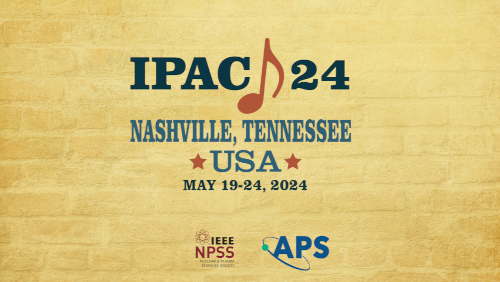Speaker
Description
During the operation of the Continuous Electron Beam Accelerator Facility (CEBAF), one or more unstable superconducting radio-frequency (SRF) cavities often cause beam loss trips while the unstable cavities themselves do not necessarily trip off. The present RF controls for the legacy cavities report at only 1 Hz, which is too slow to detect fast transient instabilities during these trip events. These challenges make the identification of an unstable cavity out of the hundreds installed at CEBAF a difficult and time-consuming task. To tackle these issues, a fast data acquisition system (DAQ) for the legacy SRF cavities has been developed, which records the sample at 5 kHz. A Principal Component Analysis (PCA) approach is being developed to identify anomalous SRF cavity behavior. We will discuss the present status of the DAQ system and PCA model, along with initial performance metrics. Overall, our method offers a practical solution for identifying unstable SRF cavities, contributing to increased beam availability and facility reliability.
| Region represented | North America |
|---|---|
| Paper preparation format | LaTeX |

